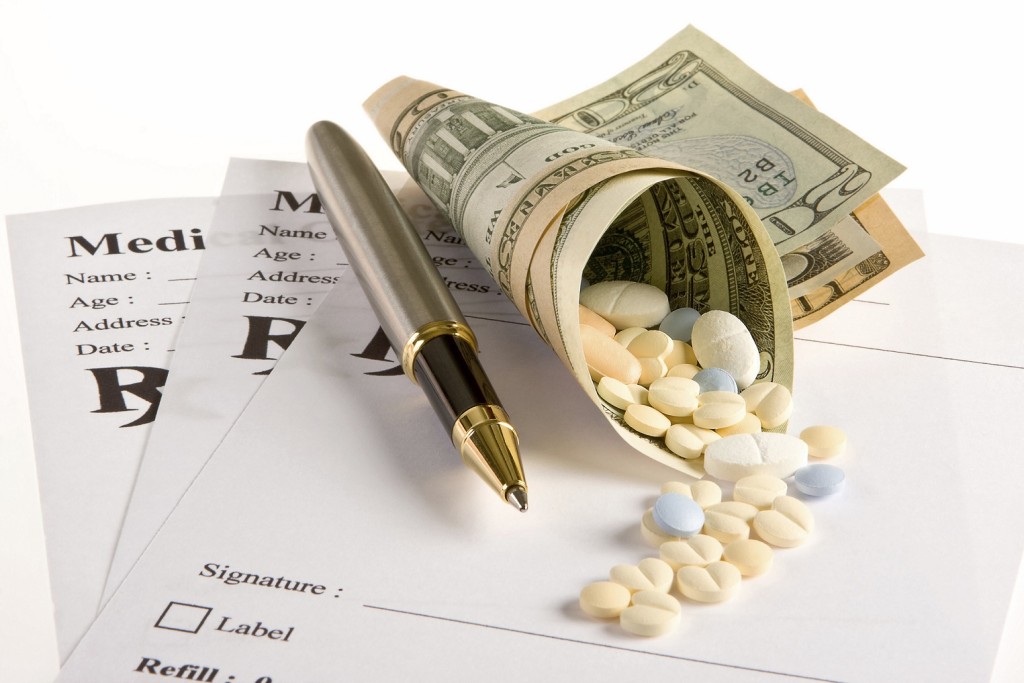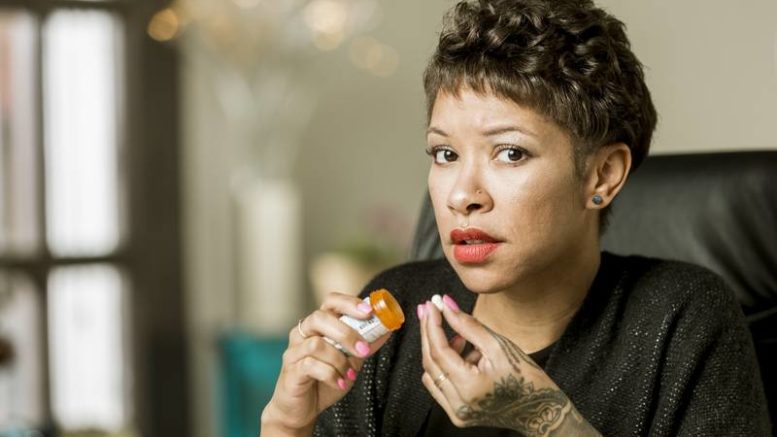Medication Assisted Treatment (MAT) is primarily used to treat Opioid Use Disorder (OUD), though there are medications which treat Alcohol Use Disorder (AUD) as well. Both of the above addictions are life-threatening, and the patient can die from withdrawal. For this reason, medically-supervised detox is crucial. However, once the patient has gone through a medical detox, there’s a high probability that the addict will return to using the drug without ongoing treatment. For this reason, the addiction itself must be addressed and addiction recovery is a very slow process which involves physical and psychosocial changes.
Studies have shown that, for patients with OUD, MAT vastly improves a patient’s chances of not going back to using opioids. Over twice as many patients who undergo MAT for OUD are able to sustain lasting recovery!
What Does MAT Entail?
Medication Assisted Treatment consists of taking a medication such as buprenorphine, naltrexone, or methadone under a doctor’s supervision and as part of a recovery program that also includes therapy and ongoing support to address the psychosocial aspects of addiction.
Medication such as buprenorphine administered during acute opioid withdrawal will dull the withdrawal symptoms such as pain and nausea. The dosage is adjusted during withdrawal, usually starting out with a higher dosage and then lowering the dose gradually. Finally, once the patient is through acute withdrawal, buprenorphine is used as a maintenance medication.
Why is MAT the Safest Choice for OUD Treatment and Recovery?
Most physicians agree that MAT greatly improves a patient’s chances of successfully avoiding relapse. However, some people still argue that the patient is just switching from one drug to another. Technically, this is true. However, buprenorphine and other drugs used to treat opioid addiction do not produce the euphoric effect that prescribed opioids such as morphine and oxycodone, and street drugs such as heroin produce. Drugs like buprenorphine, methadone, and naltrexone block the euphoric “high” that addicts crave while minimizing cravings which can occur months or years after acute withdrawal.
Once the patient is stabilized and in recovery they can choose to taper off the MAT medication, under a doctor’s supervision. The alternative for most patients with OUD is to try to maintain abstinence without the help of any medication, and the danger of relapse is far greater.

As a result of the current opioid crisis, doctors have previously been reluctant to prescribe opioids and are under strict scrutiny when they do. That leaves the opioid addict with fewer options to obtain pharmaceutical drugs. Once the patient relapses he or she will likely turn to street drugs, which are frequently cut with lethally dangerous substances like fentanyl. Using street drugs is now far more dangerous than ever before because you can’t be sure what you’re getting and the cut they’re using is lethal, even in very small amounts.
Fortunately, there’s help on the way. In 2021, federal guidelines have been updated to increase access to Suboxone, a decision that has been met with much applause by the overwhelmed addiction treatment industry.
Other Benefits of MAT
Whether a patient chooses MAT for OUD or AUD, the defining word in Medication Assisted Treatment is Treatment. Taking a prescribed pharmaceutical under a doctor’s supervision is just one facet of treatment. Treatment also entails therapy, and is most effective with a holistic approach which addresses the entire spectrum of psychosocial and physical needs of the recovering addict. Also, when done by a trained and supportive staff of recovery specialists, treatment is monitored and adjusted as the patient continues to recover. By choosing to undergo Medication Assisted Treatment, the patient is choosing the best support and care possible to achieve and maintain ongoing recovery.
About the Author:
Mike Williams is a San Diego native who participates in recovery at Present Moments drug rehab in San Diego and has written about the field of behavioral health for over 15 years.
